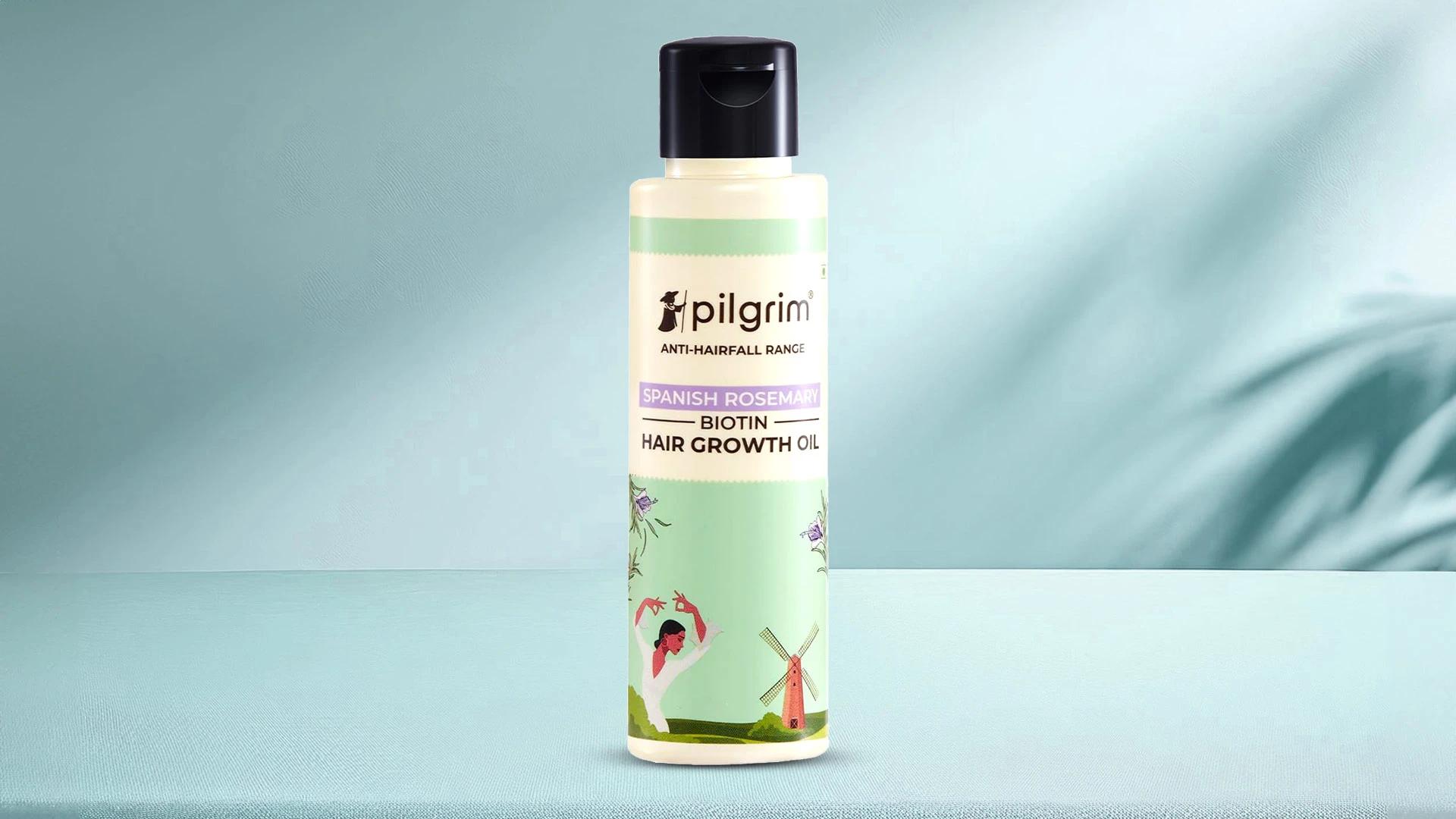Let's be real—watching your hair fall out faster than autumn leaves is nobody's idea of fun. If you've been staring at your hairbrush wondering why it looks like a crime scene, the answer might be sitting right in your kitchen. What to eat to reduce hair fall isn't just some wellness trend—it's proper science. Your hair follicles are basically tiny factories that need the right fuel to keep churning out those gorgeous strands. Think of this as your ultimate guide to eating your way to stronger, healthier hair that actually stays put.
Understanding Hair Loss and Nutrition
Your hair is basically a reflection of what's happening inside your body. When you're not getting enough nutrition for hair health, your hair follicles go into survival mode and start shutting down production. It's like trying to run a business without proper supplies—things fall apart pretty quickly.
The most common nutritional causes of hair fall include protein deficiency, low iron levels, and missing out on key vitamins. Your hair shaft is made up of about 95% protein, so when you're not eating enough, your body redirects what little protein you have to more essential functions. Hair growth gets put on the back burner, and before you know it, you're dealing with thinning strands and increased shedding.
Essential Nutrients for Healthy Hair
Building a diet for stronger hair means understanding which nutrients your follicles actually crave. Think of it like curating the perfect skincare routine, but for your scalp. Each nutrient plays a specific role in keeping your hair strong, shiny, and firmly rooted.
Protein: The Building Block of Hair
Protein-rich foods for hair aren't just a suggestion—they're absolutely essential. Your hair is made of keratin, which is pure protein. When you don't get enough, your hair becomes weak and brittle.
Your scalp needs about 50-60 grams of protein daily to maintain healthy hair growth. Try incorporating eggs, fish, chicken, lentils, quinoa, and Greek yoghurt into your meals. These foods give your hair the building blocks it needs to stay strong and resilient.
Vitamins That Promote Hair Growth
Vitamins for hair growth work like a support system for your follicles. Vitamin A helps produce sebum, your scalp's natural conditioner. Vitamin C boosts iron absorption and creates collagen. Vitamin D might help create new follicles.
Biotin sources for hair are particularly worth obsessing over. This B-vitamin is like a superfood for your strands. You'll find biotin in eggs, almonds, sweet potatoes, and spinach. B-complex vitamins work together to support healthy hair growth and prevent premature greying.


 120 Gummies
120 Gummies